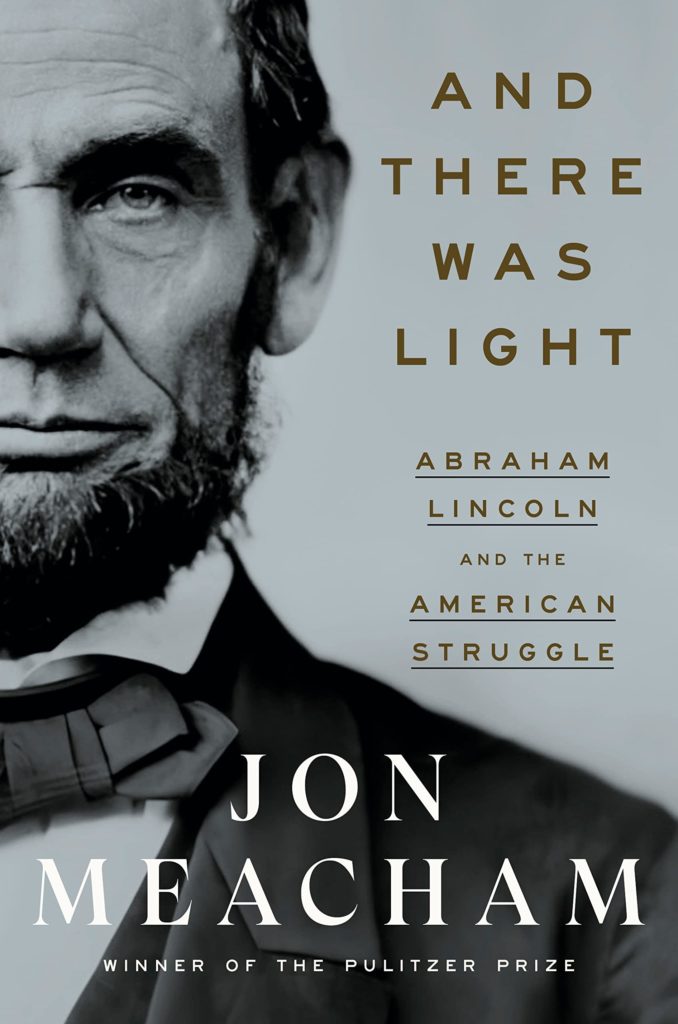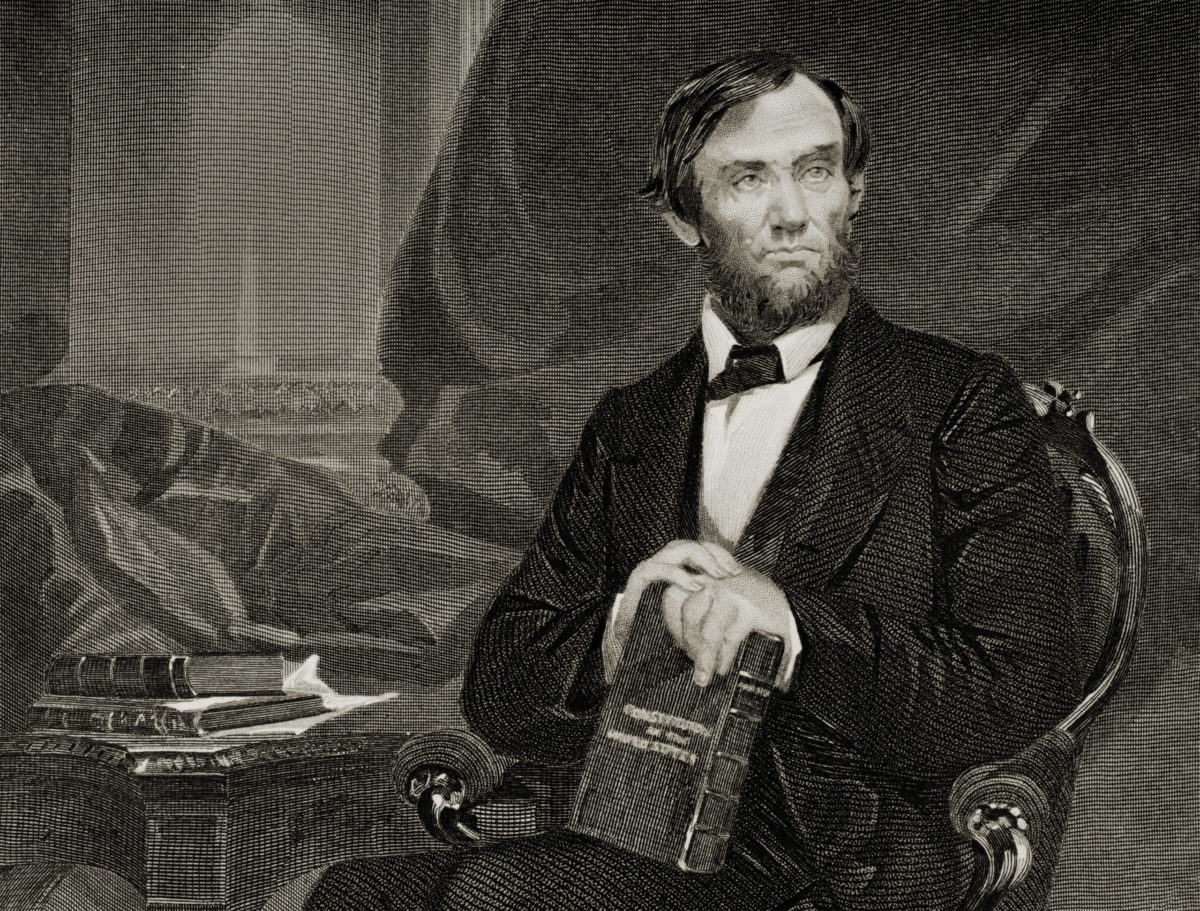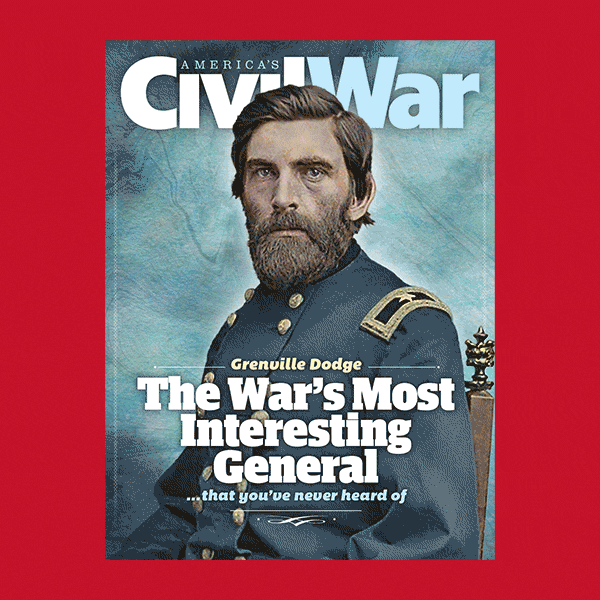Jon Meacham is one of the nation’s most engaged, and engaging, public intellectuals. A Pulitzer Prize–winning presidential biographer, he possesses a rare ability to relate the American past to current circumstances in the service of informed, yet gentle advocacy.
Having already written major works on, among others, Thomas Jefferson and Andrew Jackson, Meacham’s turn to Abraham Lincoln seems like a welcome inevitability. His And There Was Light: Abraham Lincoln and the American Struggle is an elegantly argued life of our 16th president tailor-made for the contemporary moment.
While it may seem counterintuitive to suggest that a narrative of 421 pages is lean, that description suits And There Was Light. This is not a biography to turn to when delving into the machinations of Lincoln’s Cabinet, the intimacies of the Lincoln household, or his search for a trustworthy military leader. Meacham has obviously made the calculation that others have covered these and other related topics in exhaustive detail.
Instead, his book “charts Lincoln’s struggle to do right as he defined it within the political universe he and his country inhabited.” A “morally imperfect” man, Lincoln nevertheless possessed “a pragmatic vision with a moral component” that provided a guide star for his public life. Undeniably ambitious, the future president struck a political balance that lent him legitimate credentials as a reformer while maintaining a moderate tone that avoided alienating potential supporters opposed to radical abolitionists.
The place religion plays in our political life has long been on Meacham’s radar, and he digs deeply here into Lincoln’s interior spiritual world. Over time, he argues, Lincoln’s view of the divine evolved from that of a remote deity to one bound up with the human drama. “The mature Lincoln,” he writes, “viewed the history of the American people and nation as mysteriously but inexorably intertwined with the will and the wishes…of a divine force beyond time and space.”
Despite his skepticism about human agency in the face of such a force, Lincoln was determined to play a role. As the war progressed, the embattled president came to believe that Providence had made him the Lord’s instrument to save the Union and in the process end slavery. Willie’s death in February 1862, Meacham suggests, only deepened the grieving father’s engagement with the divine, leading to a new level of personal religious inquiry.
But Lincoln’s thinking would have felt alien to most of his conventionally religious contemporaries. “To Lincoln,” Meacham writes, “God whispered His will through conscience.” He refused the possibilities of compromising with slavery, first on the eve of his taking office and then during the 1864 campaign, “because he thought it was the right, just, and morally sound thing to do…. His insight on the wrongness of slavery,” the author concludes, “came more from an intuitive moral sensibility and a conviction that there were universal goods to be discerned and acted upon” than from any embrace of traditional Christianity.
Any treatment of Lincoln must wrestle with his views on slavery. “To chart Lincoln’s lifelong moral and political course on slavery and equality,” Meacham observes, “is not to sing his praises as if he were the hero of an epic poem.” He was not such a hero. But early in the book, Meacham reminds readers that while a native southerner, Lincoln grew up among people who held antislavery beliefs and pursued an evangelical faith at a time when that meant embracing emancipationist impulses.
While his pursuit of emancipation was shaped by his belief in what the Constitution did and did not permit him to do and moved at a pace that frustrated most abolitionists, no less a critic than William Lloyd Garrison came to write: “Yet what long strides he has taken in the right direction, and never a backward step.” As a creature of his time and place, Meacham contends, Lincoln would come to argue eloquently that Black Americans possessed all the natural rights outlined in the Declaration of Independence, and yet likely went to his grave believing that White racial prejudice would prevent Whites and Blacks from living among one another harmoniously.
Meacham makes much of Lincoln’s ability to grow during his presidency, including examples of his contemporaries recognizing and applauding this trait. One week before his death, the activist and writer Lydia Maria Child, heretofore a harsh critic, observed: “With all his deficiencies, it must be admitted that he has grown continuously…[and] it was great good luck to have the people elect a man who was willing to grow.”
Meacham closes with an astute, and emotionally moving, summation of Lincoln and his importance. “Lincoln was not all he might have been—vanishingly few human beings are—but he was more than many men have been.” No saint, he continues, Lincoln was “an imperfect man seeking to bring a more perfect Union into being.” That task required “an understanding that politics divorced from conscience is fatal to the American experiment.”
This was a lesson for Lincoln’s time, and surely, Meacham insists, one for our own.

And There Was Light
Abraham Lincoln and the American Struggle
By Jon Meacham, Random House, 2022
If you buy something through our site, we might earn a commission.






